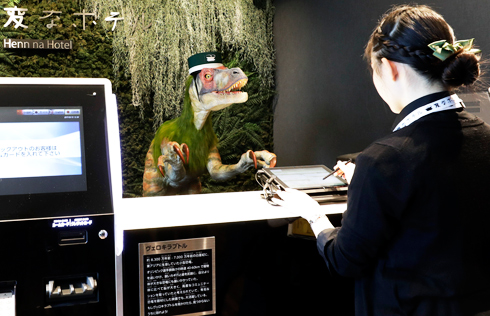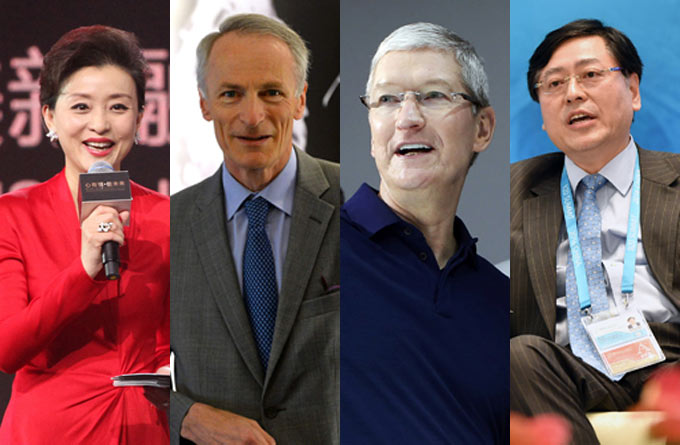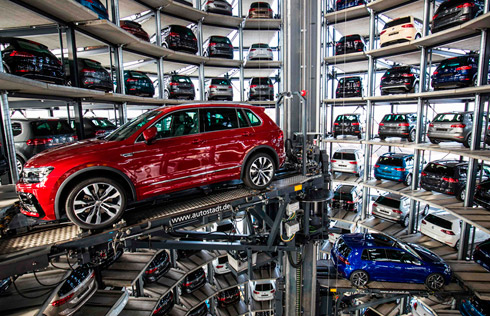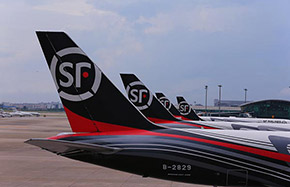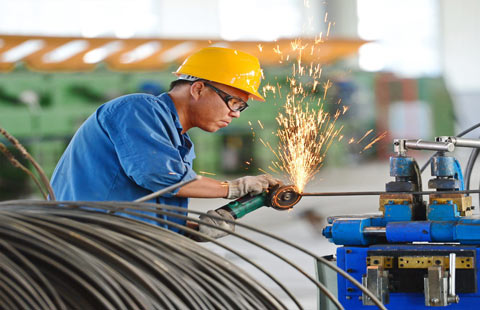Hyundai Motor's Q1 profit reduces on shift change
(Xinhua) Updated: 2013-04-25 21:44
|
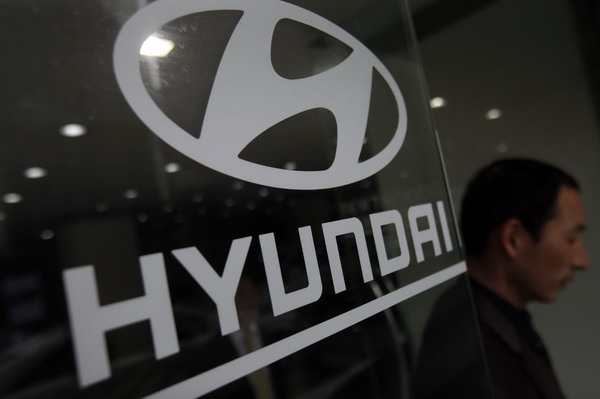 A visitor walks past a Hyundai Motor logo at a Hyundai dealership in Seoul April 25, 2013. South Korea's Hyundai Motor Co posted a 15 percent fall in its quarterly net profit, broadly in line with forecasts, as it was hamstrung by production stoppages and unfavourable currency moves. [Photo / Agencies] |
SEOUIL - Hyundai Motor, South Korea's top automaker, said Thursday that its first-quarter operating profit reduced due to a fall in auto production at domestic plants coming from the shift change.
Operating profit was 1.87 trillion won ($1.68 billion) in the three months ending March 31, down 10.7 percent from the same period of last year, according to an e-mailed statement.
Sales increased 6 percent from a year before to 21.37 trillion won in the first quarter, but net profit declined 14.9 percent to 2.09 trillion won.
Hyundai's global auto sales rose 9.2 percent from a year earlier to 1,171,804 units in the first quarter, leading to the revenue growth.
Operating profit and net income, however, reduced due to supply disruption at local plants stemming from the shift change. Local car sales slid 0.7 percent to 153,728 units in the first quarter amid weak domestic demand, and exports of cars manufactured in domestic factories declined 10.9 percent to 293,011 units.
Sales of cars, which were made in overseas plants and sold there, surged 23.1 percent to 725,065 units in the first quarter, offsetting the negative effect from the shift change. Demand from China led the overseas sales growth, with car sales there surging 40.7 percent in the cited period.
"Revenue increased thanks to rising car sales, but operating profit decreased due to falling car production in local plants arising from the reduced weekend extra work," said an official at the company.
Stronger won and one-off allowances related to recalls in Seoul and Washington lifted operating costs, driving down the operating profit margin to 8.7 percent in the first quarter from 10.4 percent a year earlier.
Earlier this month, Hyundai unveiled its plan to recall around 110,000 vehicles sold in South Korea and about 1.1 million cars sold in the United States for the stop-lamp defects. Due to the same fault, its affiliate Kia Motors said it would recall around 50,000 cars in South Korea and more than 600,000 vehicles in the US.
The won/dollar exchange rate averaged 1,085 won during the quarter, down 4.1 percent from the first quarter of last year. The won's ascent reduced profits repatriated from overseas sales.
Market watchers forecast Hyundai's operating profit would rise in the second quarter thanks to the normalization of production at domestic plants. "Hyundai's operating margin should improve to double-digit levels from the second quarter on the back of normalized production at its domestic factories and the expected launch of a number of new models," said Kim Yoonki, an analyst at Mirae Asset Securities in Seoul.
The devaluation of the Japanese yen had yet to have a negative impact on Hyundai's car sales in the overseas market. "In China, Hyundai's car sales surged 40.7 percent in the first quarter from a year earlier, but sales by Nissan and Toyota declined 15.1 percent and 12.7 percent respectively," said Suh Sungmoon, an analyst at Korea Investment & Securities.
The South Korean won appreciated 14.4 percent versus the Japanese yen during the first quarter, the highest since the 14.5 percent gain in the second quarter of 2009. It boosted fears over the worsening of the price competitiveness of South Korean exporters.
Shares in Hyundai Motor closed at 197,000 won on the main bourse, up 6.49 percent from Wednesday's close.
- Belt and Road Initiative website launched
- From mining boom to dining-room, China-Australia cooperation to speed
- Huawei unveils massive R&D program in New Zealand
- China's financial risks manageable, reform progressing: Standard Chartered chairman
- World Bank CEO praises China's structural reform
- Office-sharing startup Wujie Space raises $14m in A-round financing
- Central bank continues to inject money into market
- Cutting-edge digital technologies on display at CeBIT 2017


